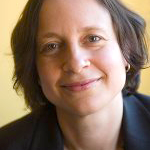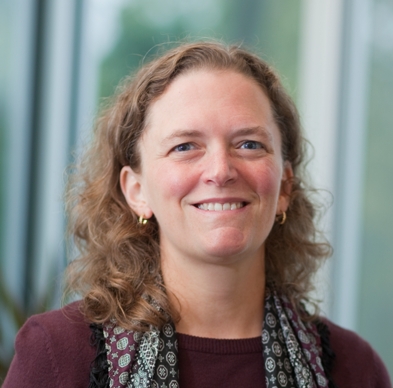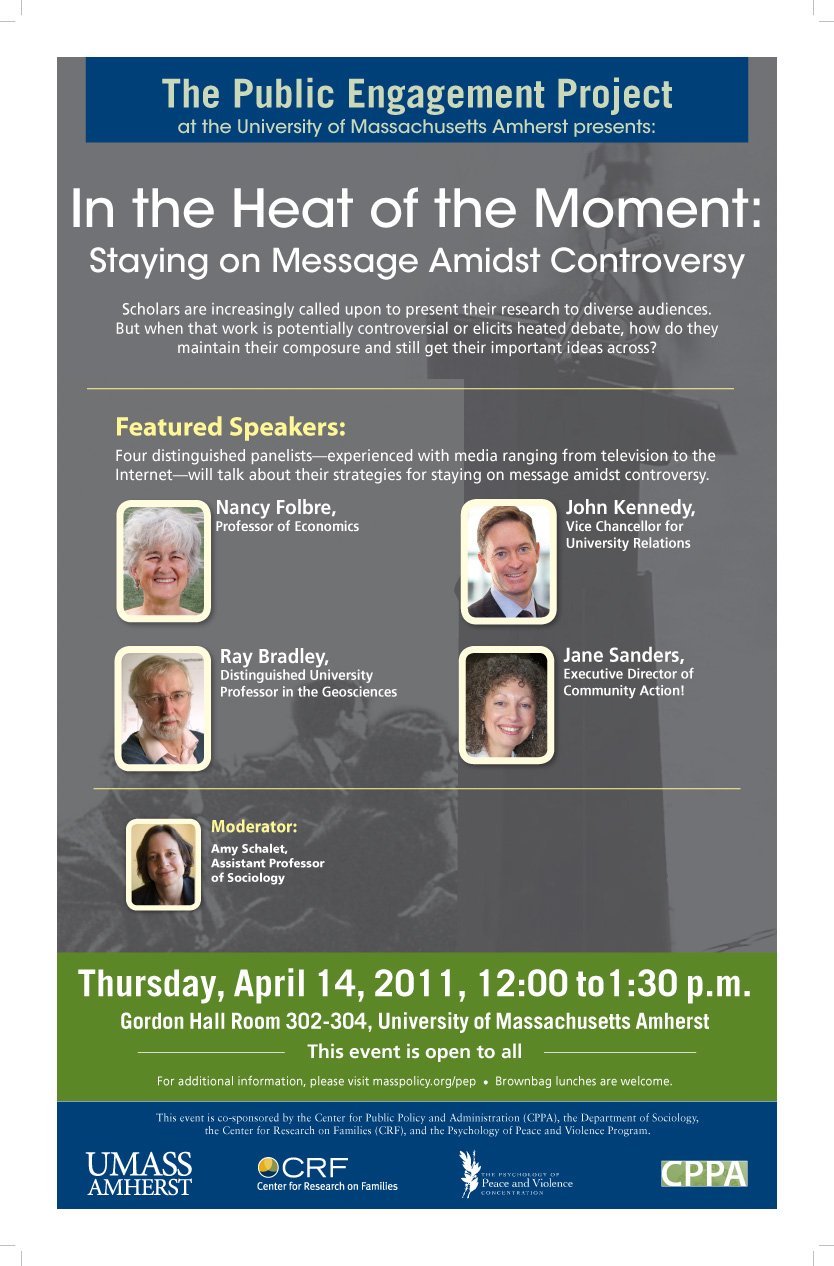 Amy Schalet writes an op-ed in the New York Times examining emerging trends in relationships and sex for teenage boys in the United States. Schalet is an assistant professor of sociology, a CPPA faculty associate and a founding member of the UMass Public Engagement Project. Her book Not Under My Roof: Parents, Teens and the Culture of Sex was published last November.
Amy Schalet writes an op-ed in the New York Times examining emerging trends in relationships and sex for teenage boys in the United States. Schalet is an assistant professor of sociology, a CPPA faculty associate and a founding member of the UMass Public Engagement Project. Her book Not Under My Roof: Parents, Teens and the Culture of Sex was published last November.
(New York Times 4/6/12)
Why are boys behaving more “like girls” in terms of when they lose their virginity? In contrast to longstanding cultural tropes, there is reason to believe that teenage boys are becoming more careful and more romantic about their first sexual experiences.
For a long time, a familiar cultural lexicon has been in vogue: young women who admitted to voluntary sexual experience risked being labeled “sluts” while male peers who boasted of sexual conquests were celebrated as “studs.”
No wonder American teenage boys have long reported earlier and more sexual experience than have teenage girls. In 1988, many more boys than girls, ages 15 to 17, told researchers that they had had heterosexual intercourse.
But in the two decades since, the proportion of all American adolescents in their mid-teens claiming sexual experience has decreased, and for boys the decline has been especially steep, according to the National Survey of Family Growth by the Centers for Disease Control and Prevention. Today, though more than half of unmarried 18- and 19-year-olds have had sexual intercourse, fewer than 30 percent of 15- to 17-year-old boys and girls have, down from 50 percent of boys and 37 percent of girls in 1988. And there are virtually no gender differences in the timing of sexual initiation.
What happened in those two decades?
Fear seems to have played a role. In interviewing 10th graders for my book on teenage sexuality in the United States and the Netherlands, I found that American boys often said sex could end their life as they knew it. After a condom broke, one worried: “I could be screwed for the rest of my life.” Another boy said he did not want to have sex yet for fear of becoming a father before his time.
Dutch boys did not express the same kind of fears; they assumed their girlfriends’ use of the pill would protect them against fatherhood. In the Netherlands, use of the pill is far more common, and pregnancy far less so, than among American teenagers.
The American boys I interviewed seemed more nervous about the consequences of sex than American girls. In fact, the 2002 National Survey of Family Growth found that more than one-third of teenage boys, but only one-quarter of teenage girls, cited wanting to avoid pregnancy or disease as the main reason they had not yet had sex. Fear about sex was intensified by the AIDS crisis and by sex education that portrayed sex outside of heterosexual marriage as risky. Combined with growing access to pornography via the Internet, those influences may have made having sex with another person seem less enticing.
Fear no doubt has also played a role in driving up condom use. Boys today are much more likely than their predecessors to use a condom the first time they have sex.
But fear is probably not the only reason for the gender convergence. While American locker-room and popular culture portray boys as mere vessels of raging hormones, research into their private experiences paints a different picture. In a large-scale survey and interviews, reported in the American Sociological Review in 2006, the sociologist Peggy Giordano and her colleagues found teenage boys to be just as emotionally invested in their romantic relationships as girls.
The Dutch boys I interviewed grew up in a culture that gives them permission to love; a national survey found that 90 percent of Dutch boys between 12 and 14 report having been in love. But the American boys I interviewed, having grown up in a culture that often assumes males are only out to get sex, were no less likely than Dutch boys to value relationships and love. In fact, they often used strong, almost hyper-romantic language to talk about love. The boy whose condom broke told me the most important thing to him was being in love with his girlfriend and “giving her everything I can.”
Such romanticism has largely flown under the radar of American popular culture. Yet, the most recent research by the family growth survey, conducted between 2006 and 2010, indicates that relationships matter to boys more often than we think. Four of 10 males between 15 and 19 who had not had sex said the main reason was that they hadn’t met the right person or that they were in a relationship but waiting for the right time; an additional 3 of 10 cited religion and morality.
Boys have long been under pressure to shed what the sociologist Laura Carpenter has called the “stigma of virginity.” But maybe more American boys are now waiting because they have gained cultural leeway to choose a first time that feels emotionally right. If so, their liberation from rigid masculinity norms should be seen as a victory for the very feminist movement that Rush Limbaugh recently decried.
When I surveyed the firestorm of objections that followed his use of the word “slut” to pillory a law school student who advocated medical coverage for birth control, men were among his most passionate detractors.
Perhaps we shouldn’t be surprised. The image of male sexuality Mr. Limbaugh perpetuates is hardly something to be proud of. And it sells the hearts of men, as well as women, short.
 The university’s Public Engagement Project (PEP) will host a panel discussion called “The Engaged Campus: Giving Back to the Commonwealth and Beyond” as part of this year’s Founder’s Week celebration at the University of Massachusetts Amherst. This event will take place on Friday, April 26 from 3 to 4:30 p.m., in Machmer W-32.
The university’s Public Engagement Project (PEP) will host a panel discussion called “The Engaged Campus: Giving Back to the Commonwealth and Beyond” as part of this year’s Founder’s Week celebration at the University of Massachusetts Amherst. This event will take place on Friday, April 26 from 3 to 4:30 p.m., in Machmer W-32.






